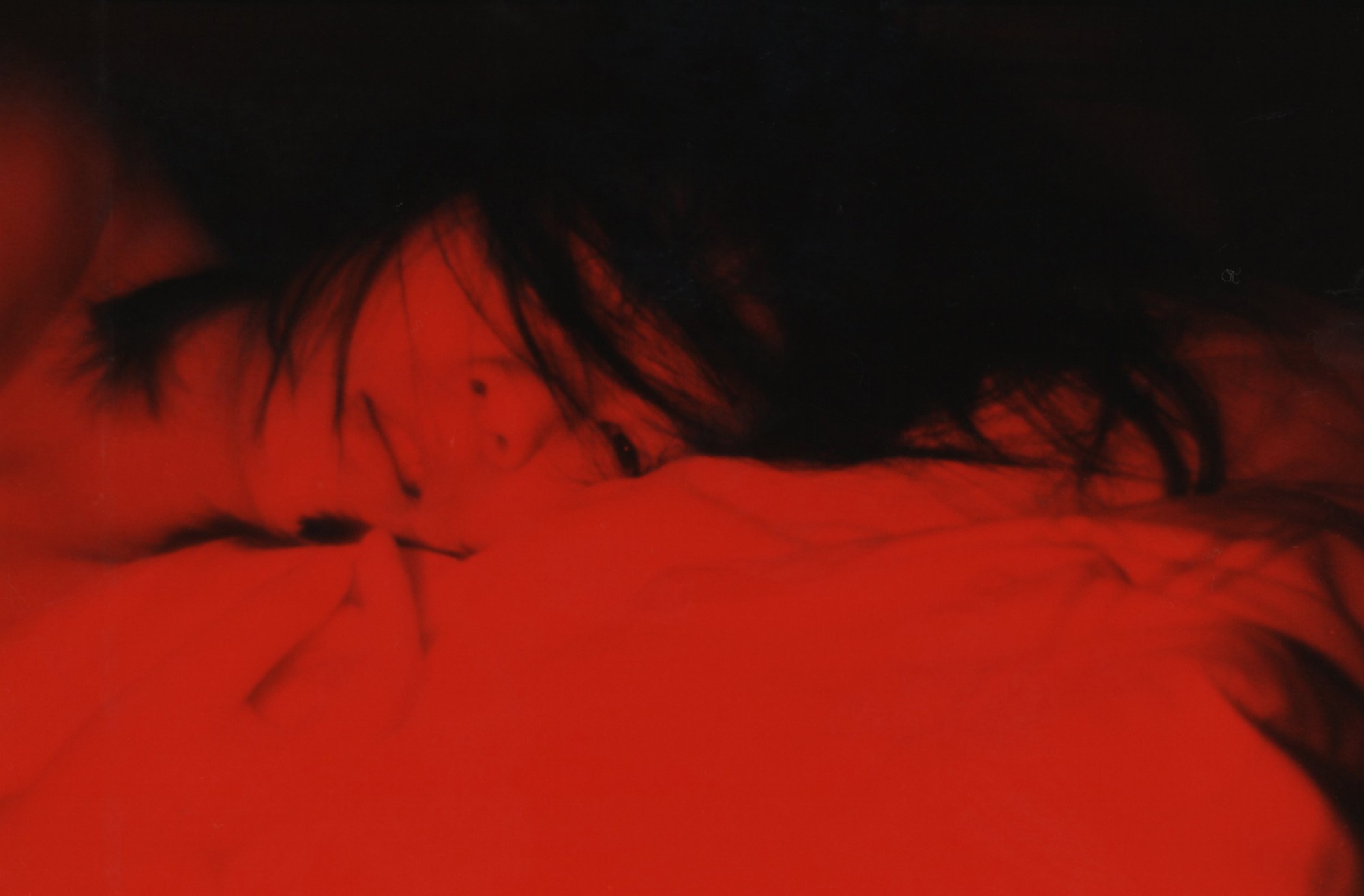Intense. Autobiographical. Made to get close — and closer — to the bone. The books of badass Japanese photographer Hideka Tonomura have explored the absurdities of life, love and sex from the perspective of a young woman engaged in the world of hostess clubs and escorts. Her most controversial book is mama love (2008). Thoroughly transgressive (in the true sense of the word) but not intentionally provocative, it places Hideka within the blistering affair between her mother and a blacked-out male figure who seems to get in the way. What begins as one woman’s protest against a tyrannical husband becomes another’s attempt to exorcise a curse of blood ties, thereby affirming the power of love between a mother and a daughter.
Although the narrative of TOXIC, Hideka’s latest venture with Zen Foto Gallery, is vaguer, there is clearly something very dark running through its veins. Light enough to hold in one’s palm, like a silver feather, the book collects a series of graphic scenarios picturing the photographer (or reimagined versions of the photographer) and a woman collaborator in the turbulent throes of various kinds of play and pleasure. Employing her trademark “fly-on-the-wall” POV, as so often found in They called me Yukari (2013) and Die of Love (2018), the book reads as a series of voyeuristic intrusions, but ones Hideka forces us to look at.
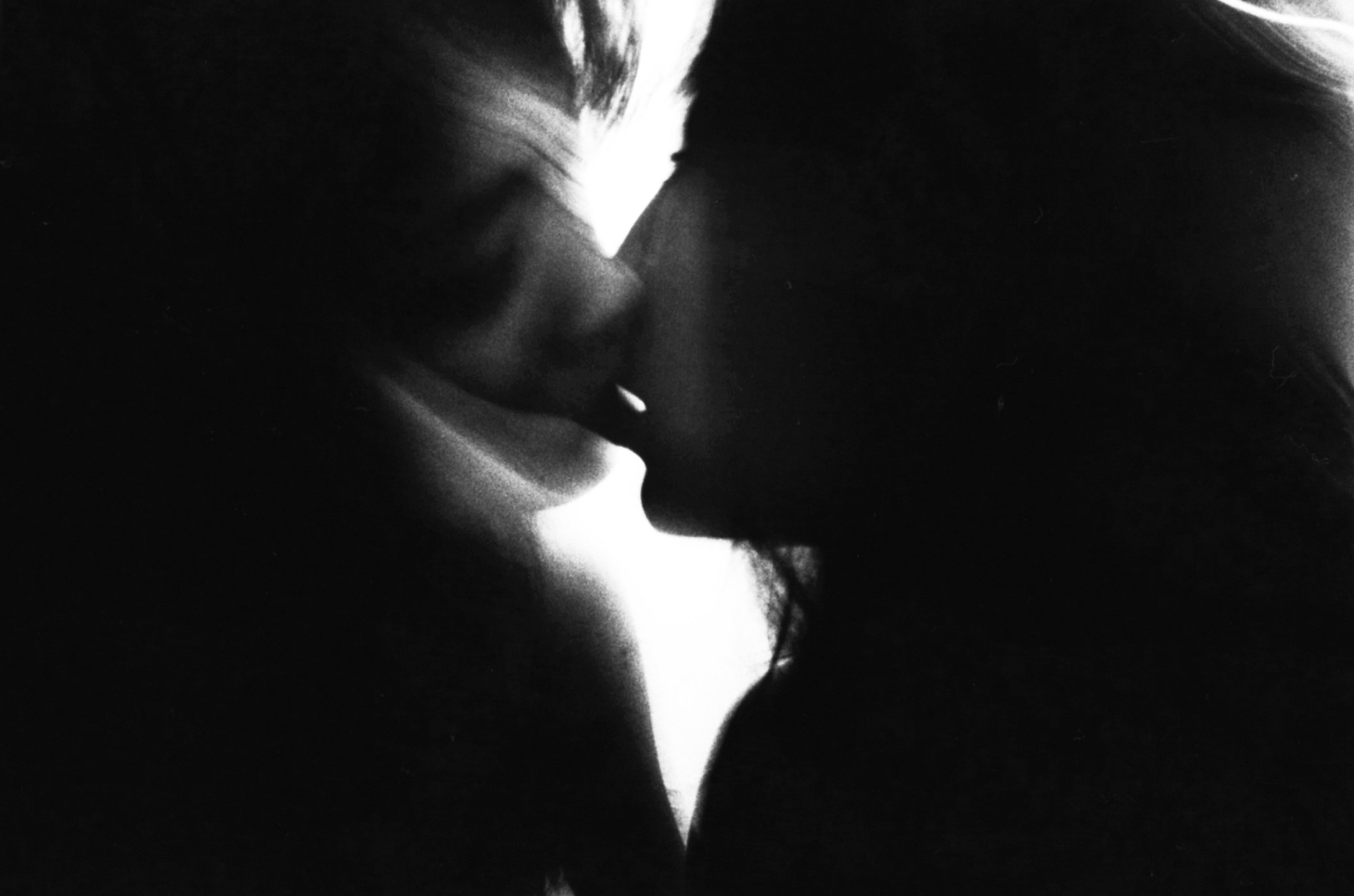
Yet when we plumb their depths, these photographs reveal themselves as being less about titillation than universal emotional struggles, and Hideka’s quest to overcome them. “Do you think death is nothingness?” she asks me rhetorically. “I believe death is defined only by the affirmation of life. I have always tried to perform my photography through this belief.” Indeed, the radiant quality of Hideka’s work is that it never quits or wants out.
“Since last year, important people in my life have passed away,” Hideka shares. “I cannot help but confront their deaths. They are now part of my own reality, and who else can deal with my own reality but me? The loneliness of living life without any answers has given me the impetus to face this reality in an even stronger way. But the more I face reality; the more its concreteness becomes vague and conceptual.”
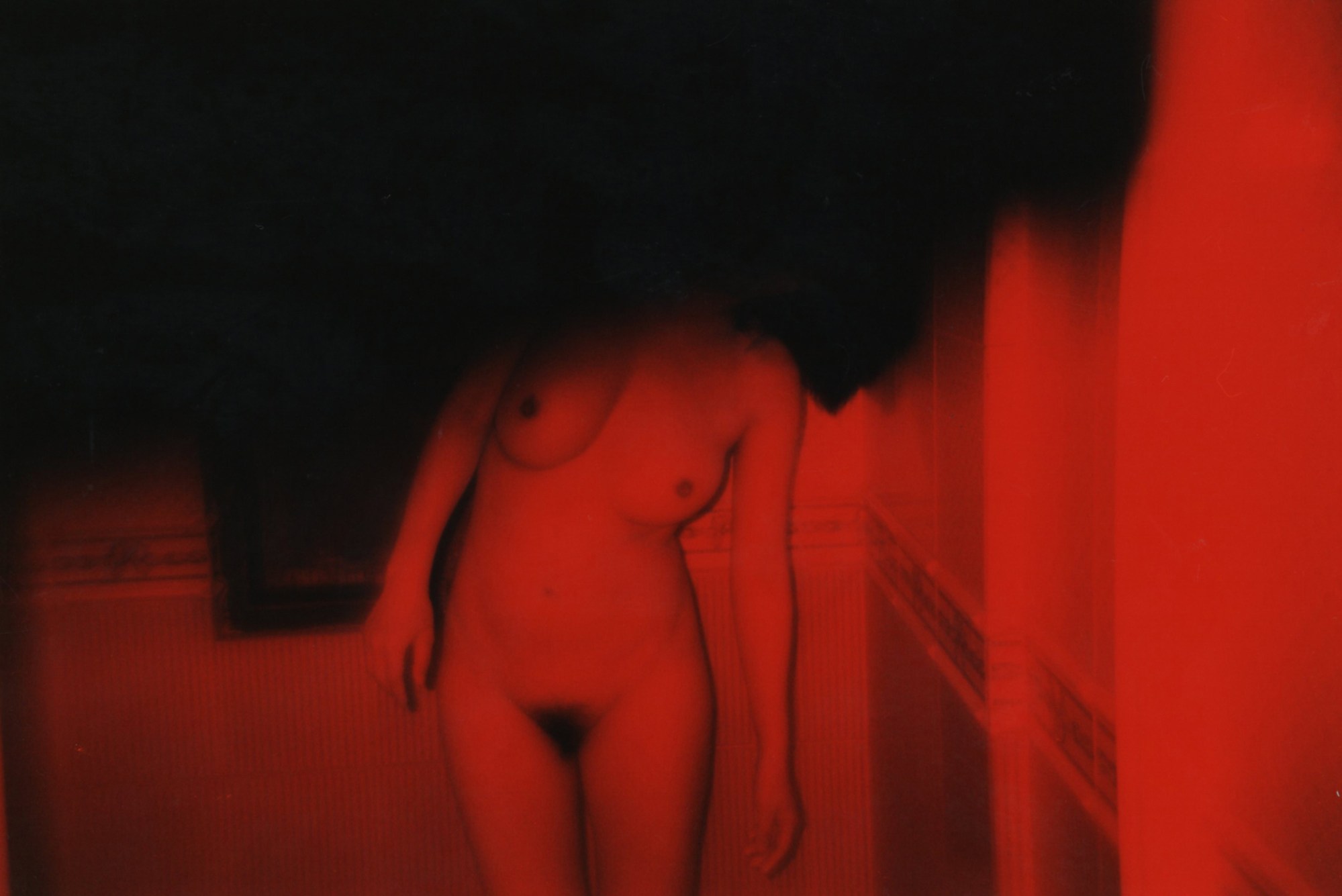
TOXIC is Hideka’s most conceptual book to date. For all its introspective inquisitiveness, probing what makes the author tick deep down, it is as equally concerned with the nature of her chosen medium of expression. The photographs Hideka composes — amongst which are scenes of blurred cityscapes and banality — are throwaways from leftover negatives and previous series. Yet the book never feels disjointed or erratic, exhibiting a great degree of faith in photography, its ability to “choose its own genre and make its own sound,” as Hideka puts it. “If mama love was a punk track and Die of Love was a jazz riff, then TOXIC is just noise,” Hideka says. “Photographs have their own fate and will reach the people who need them.”
While who that might be is not immediately obvious, the spine-chilling sight of a gynaecological examination chair offers some clues. “I am sure women will notice that I have lost something,” Hideka says. What follows is a portrait of the photographer’s mother gazing into the lens from above, an off-guard expression of ambivalence in her eyes. “This was taken in a hospital bed shortly after my surgery was completed. In other words, it was taken from the opposite position I was in when I photographed my mother’s affair.”
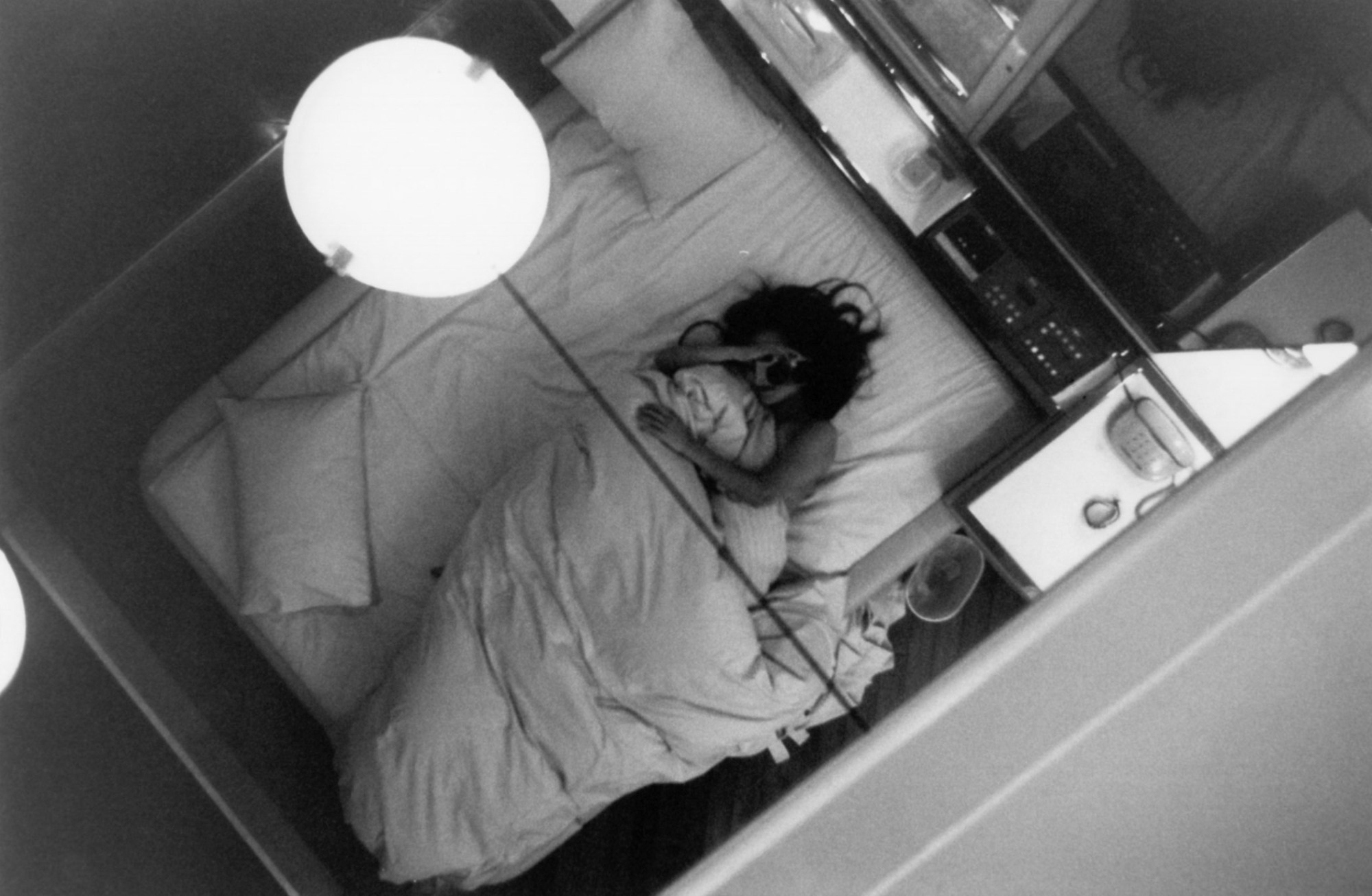
Hideka’s belief that the strongest work always derives from the personal places her within a rich lineage of photographers in Japan who have folded their lives into their art with a near impossible unity. Through the dual structuring of the book — which can be read both back-to-front and front-to-back — Hideka appears to invoke the drives of Eros (life) and Thanatos (death), which have been embedded in Japanese photography ever since the great avant-garde moment of the early 60s and early 70s, when Nobuyoshi Araki and Masahisa Fukase made the most heartbreaking works in the medium’s history.
“I believe the only driving force behind everything is love,” Hideka says. “I think I live to search for and know love. My love could be wrong, and so could yours, but love has no ethics.” You feel the same goes for Hideka’s photography, a pursuit that is deeply desperate but vitally important. “When photography and love intersect, one’s own reasoning becomes weak and toxic,” Hideka says. “And, of course, photography desires the forbidden. It’s as if it is testing me!”
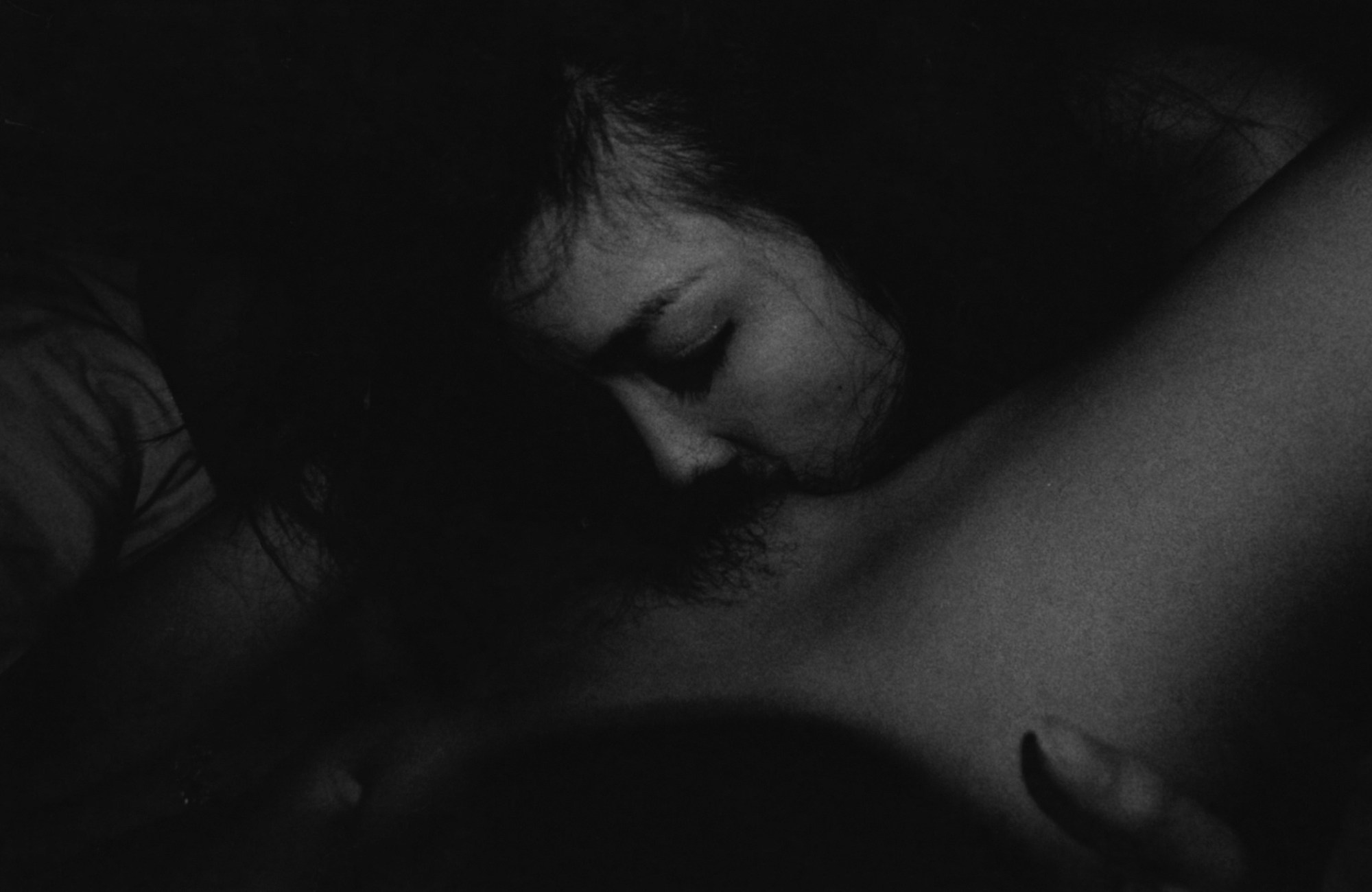
While this game — Hideka’s unabating affair with people, objects and emotions — contains strong elements of play, it is also deadly serious in its invocation of the dangers of desire, both erotic and photographic. Always operating at the limits of convention, Hideka raises the stakes of collapsing the line between life behind the lens and life in front of it. Yet she also suggests that the camera, like a pack of cigarettes, should come with a warning: a kind of “use love, but never too much” approach.
Having produced a string of raw, confessional and frequently nihilistic books originating from her hostess days, Hideka seems to have embarked on a new photographic path. Redefining the borderlines she herself blurred, she has refined a language that is ultimately optimistic. “If the earth remains, things will remain,” Hideka ponders. “It would be nice if photography also remains. After all, if photography is for me, it is despair. But if it is for you, then there is hope.”
‘TOXIC‘ by Hideka Tonomura is published by Zen Foto Gallery.
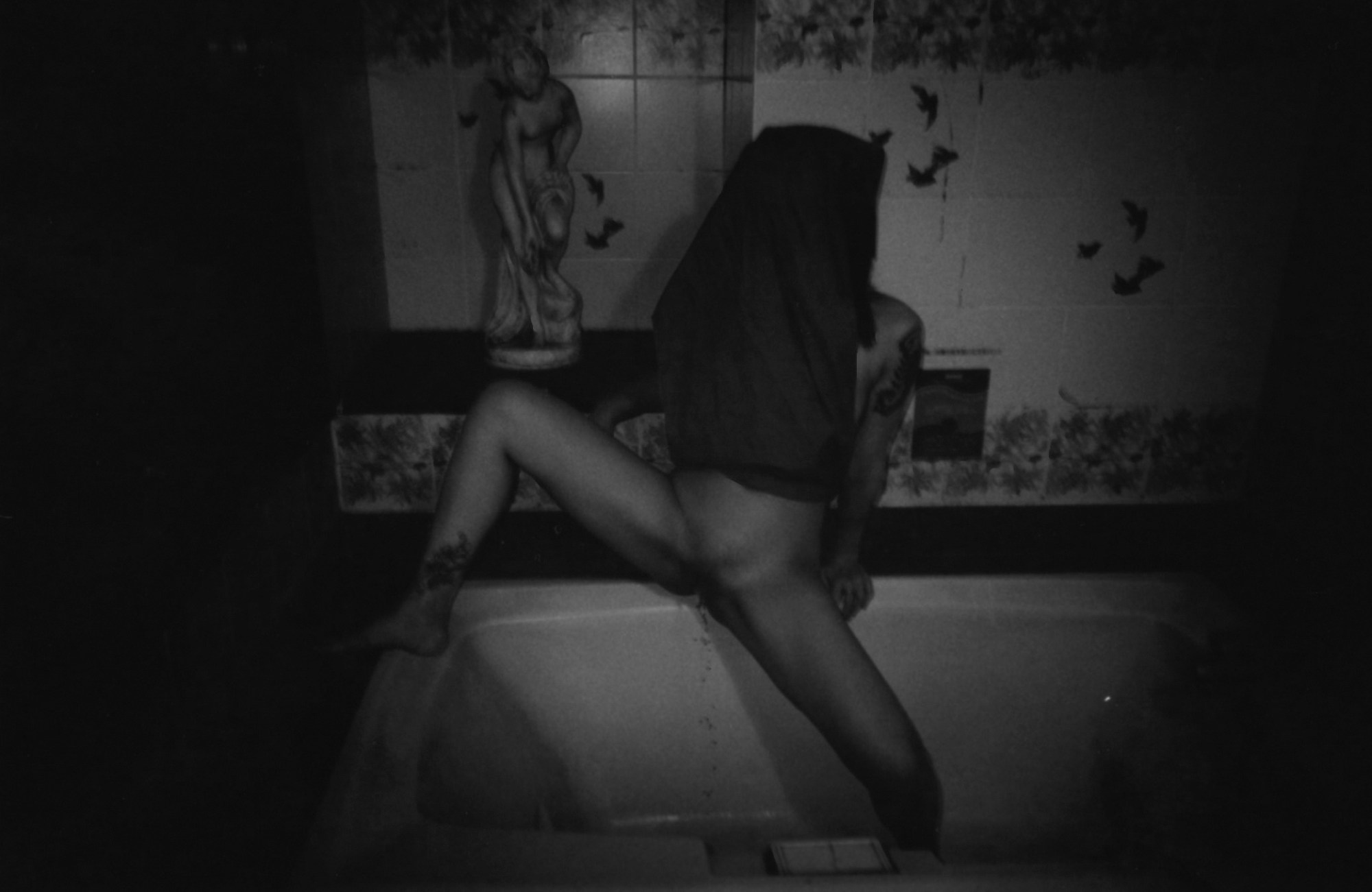
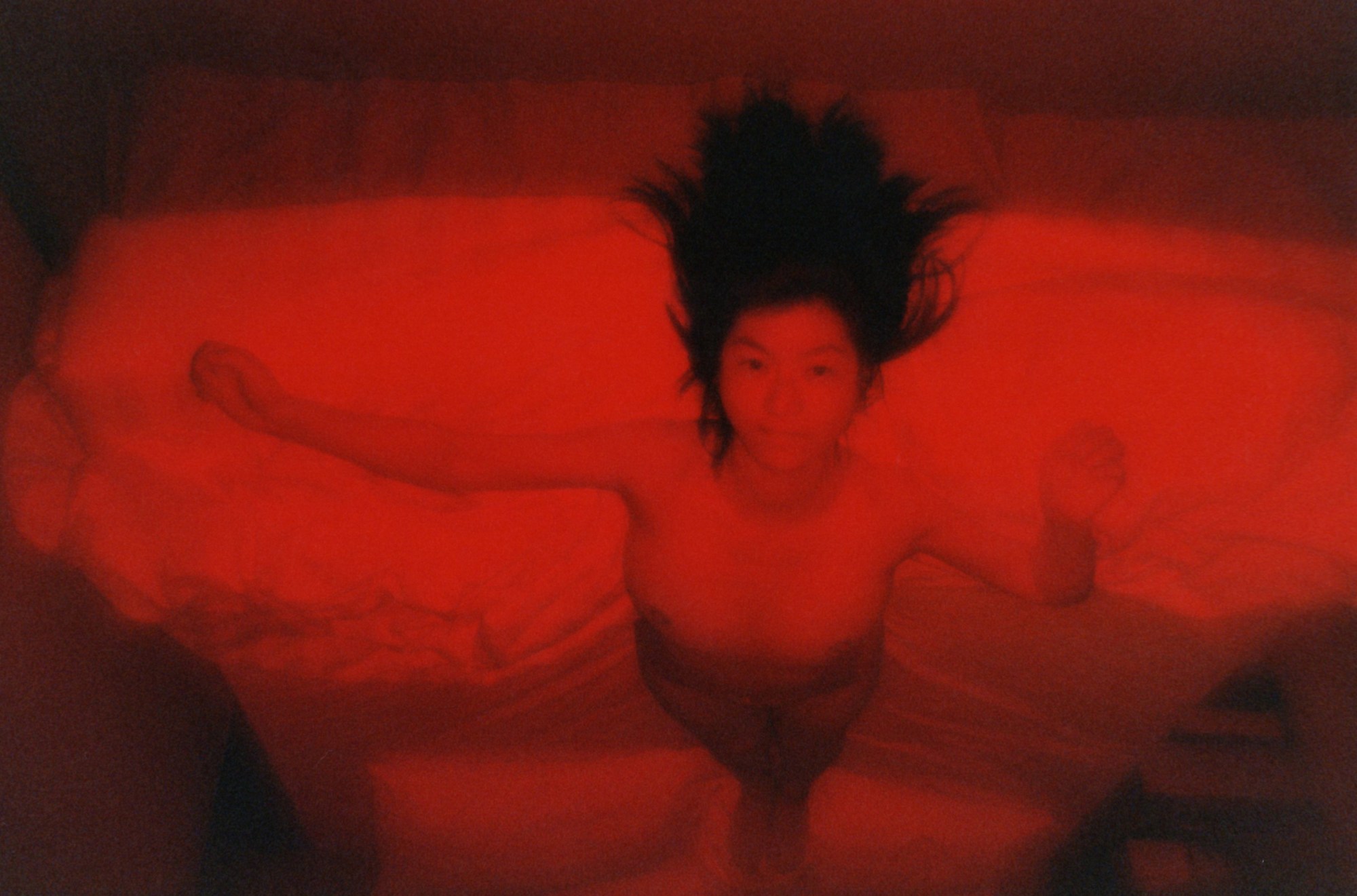
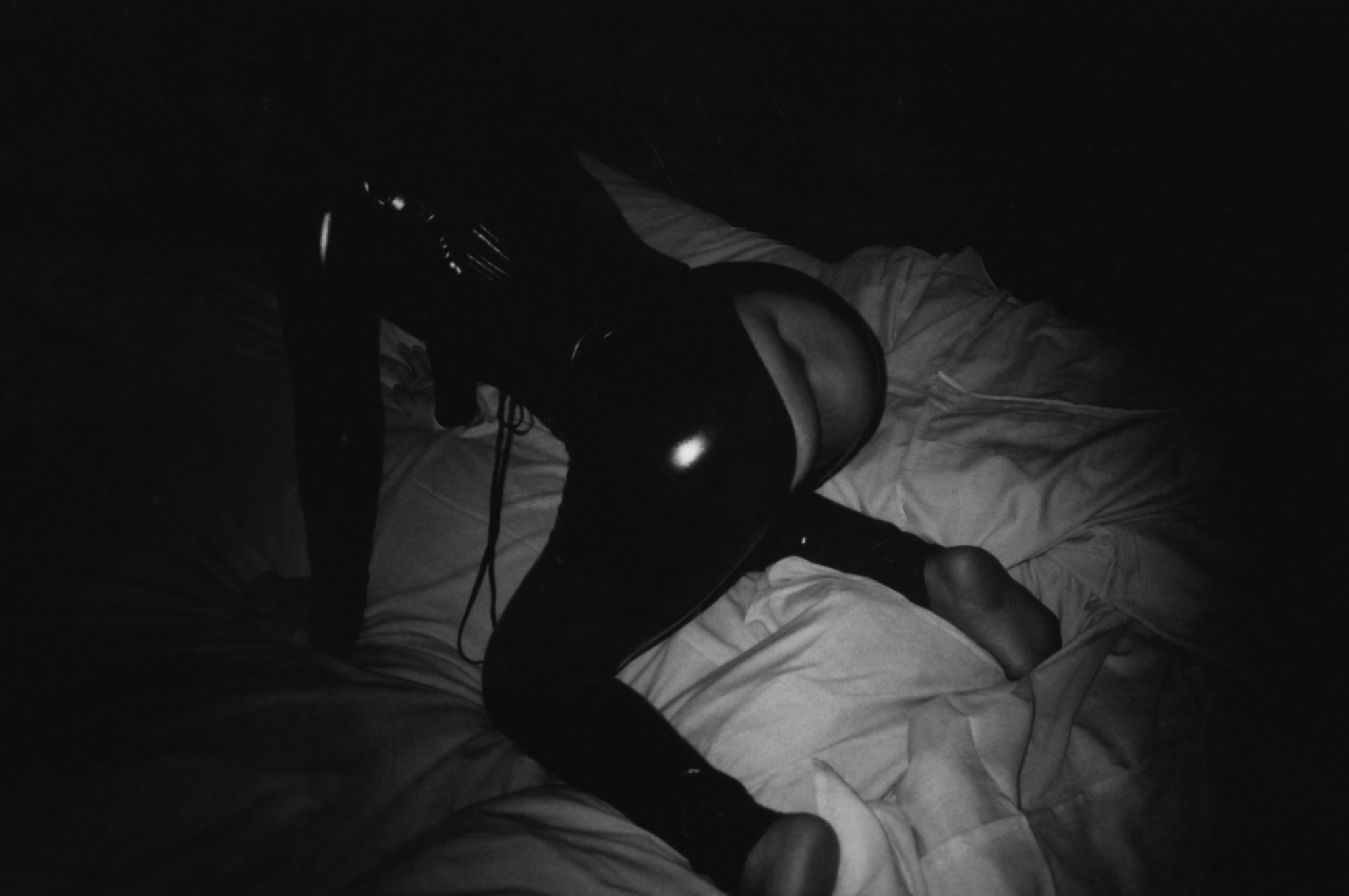
Credits
All images courtesy of Hideka Tonomura and Zen Foto Gallery
